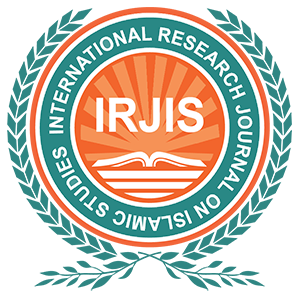Abstract:
The preservation of religion is ensured through the Book of Allah and the Hadith of the Prophet (peace and blessings of Allah be upon him), wherein the ummah possesses the hadiths containing Allah’s commands. It is important to note that when Muhadditheen classifies a hadith as authentic, weak, or subject to further analysis, this classification represents not an act of ijtihad, but rather a result of meticulous research and takhrij. Dr. Ziaur Rahman Azmi elaborates on these reasons in his work, “Al-Mudhal.” In this article, we aim to explore the reasons behind the discrepancies between Muhadditheen’s rulings and elucidate the application of two seemingly contradictory yet authentic hadiths and Sheikh Azmi’s stance. Classifying a hadith as authentic, weak, or subject to further analysis involves research and takhrij, rather than resulting from ijtihad. In light of this, differing opinions can arise, and we will delve into the various factors contributing to these differences in the subsequent discussion.
Keywords: Azmi, Al-Jami’ Al-Kamal, Hadith Correction, Muhadditheen

